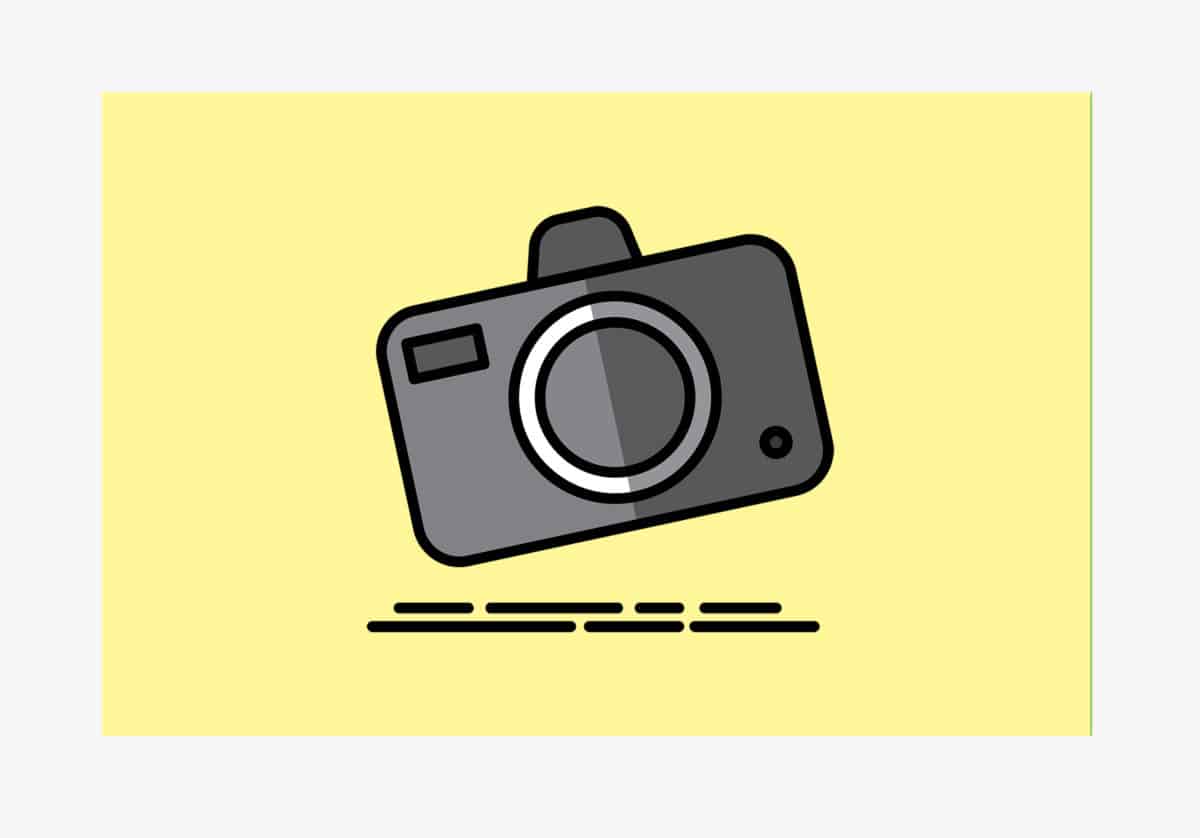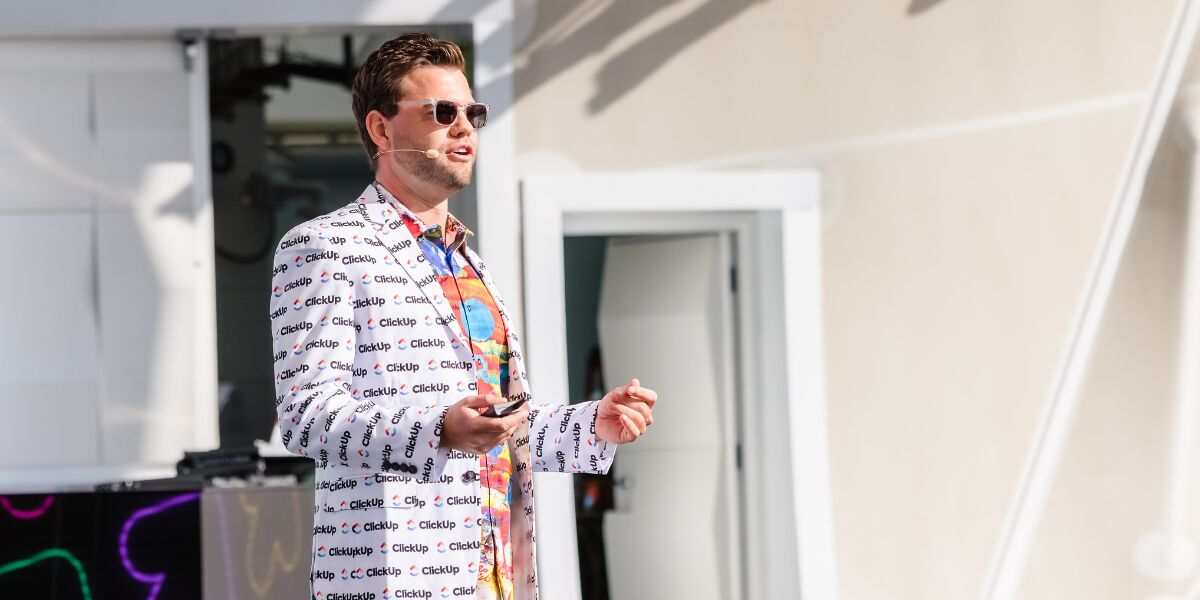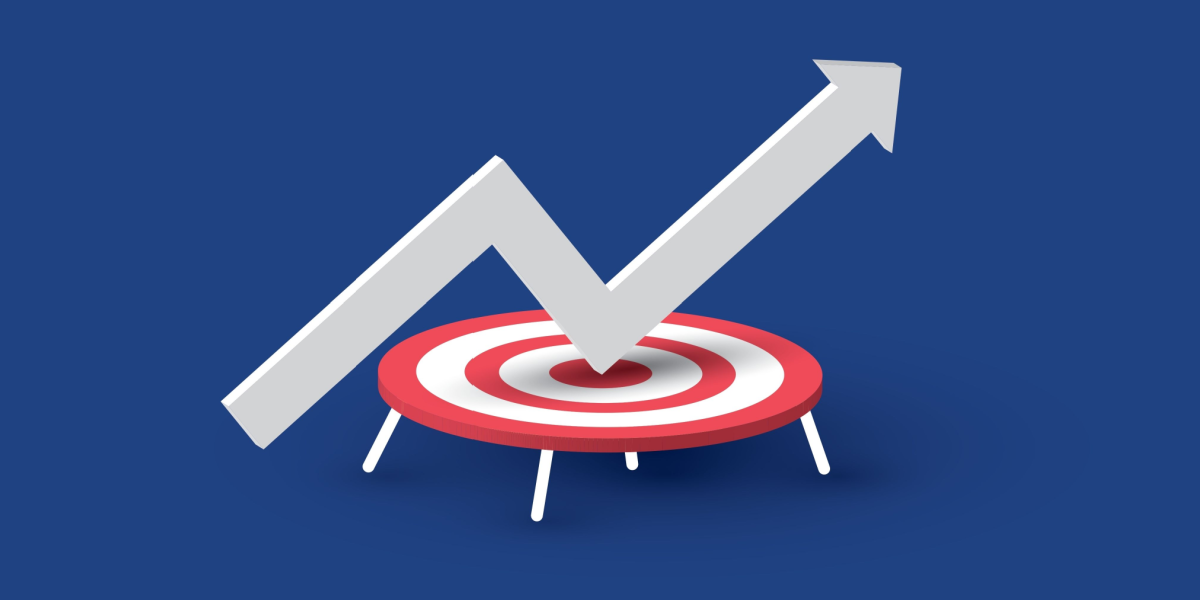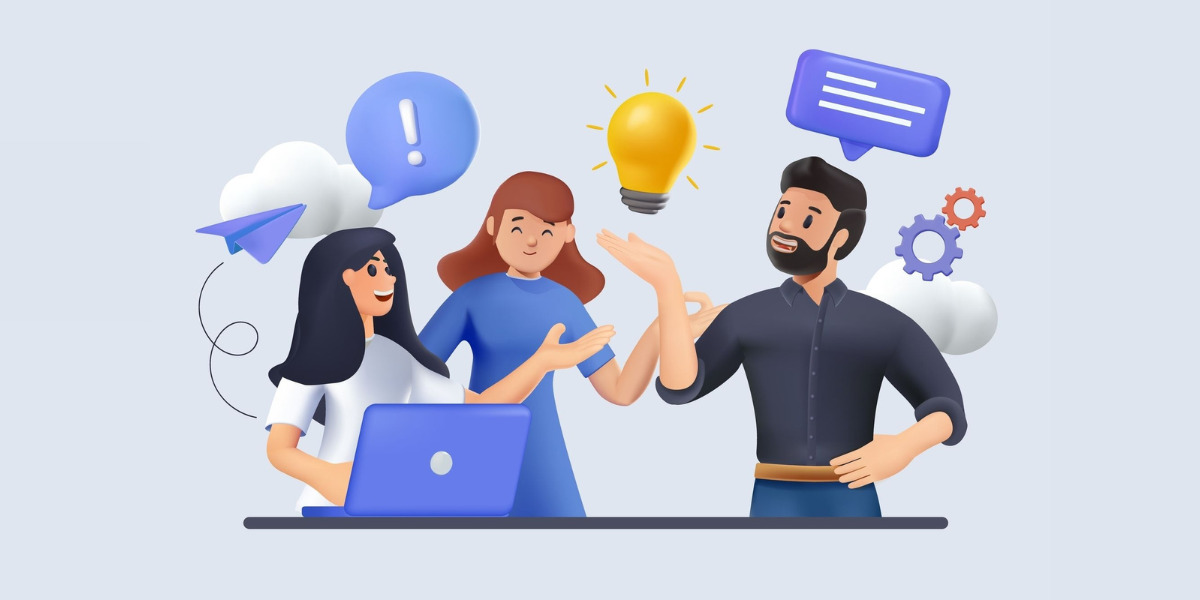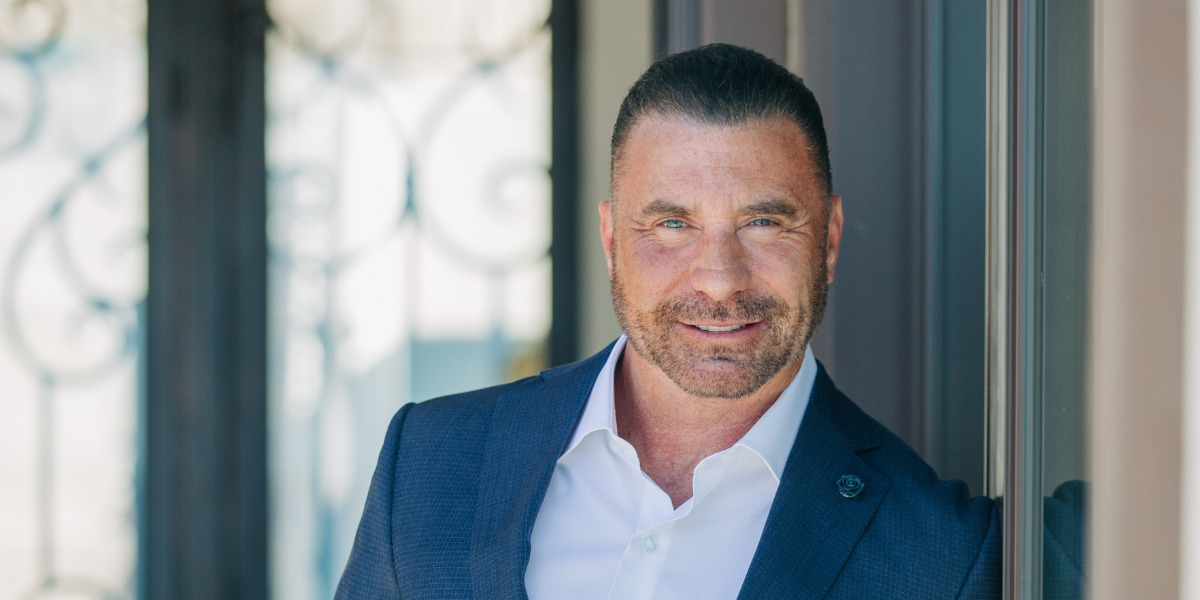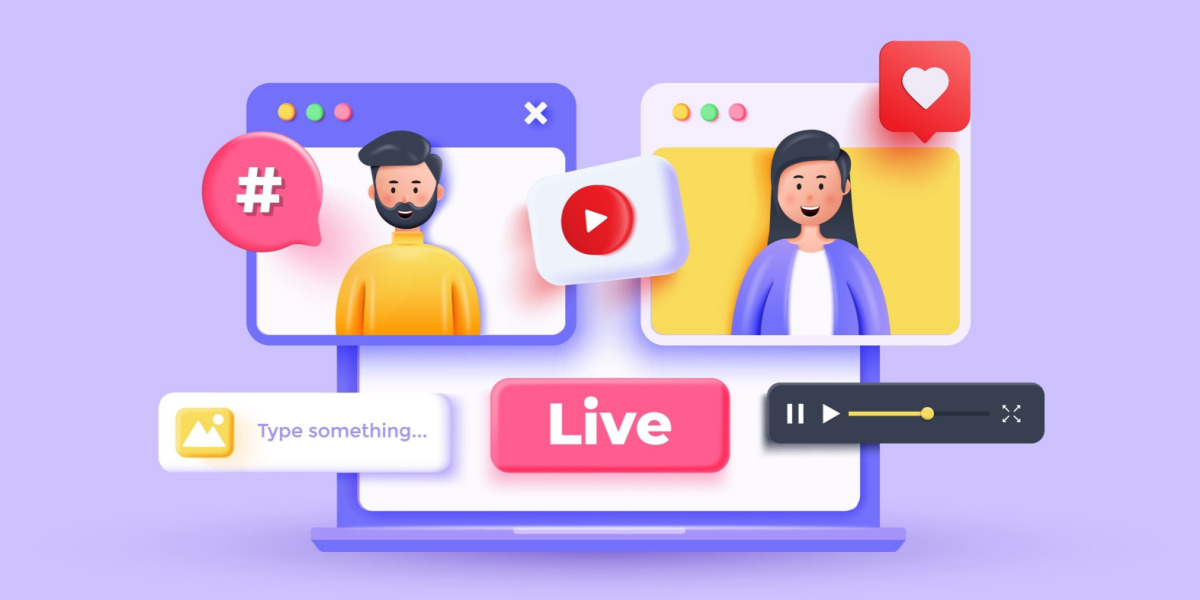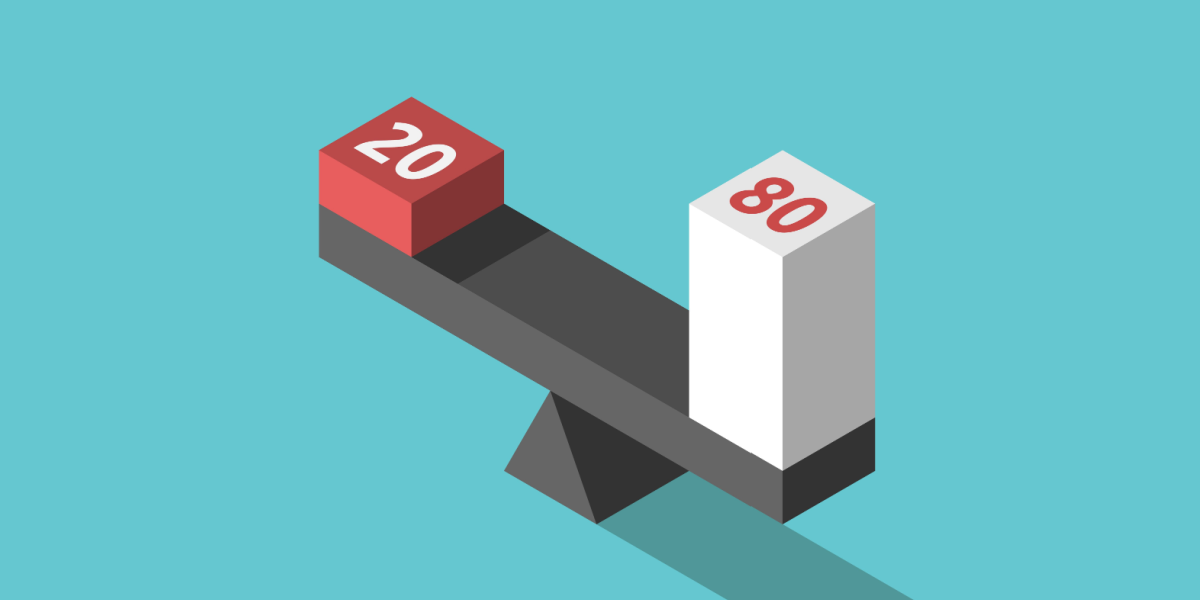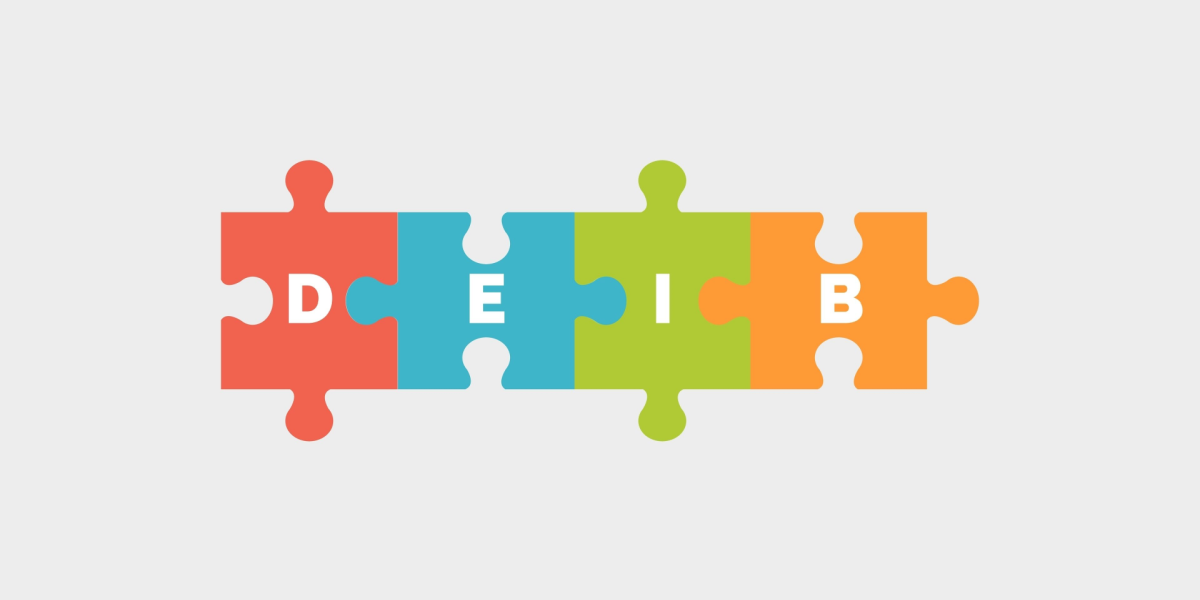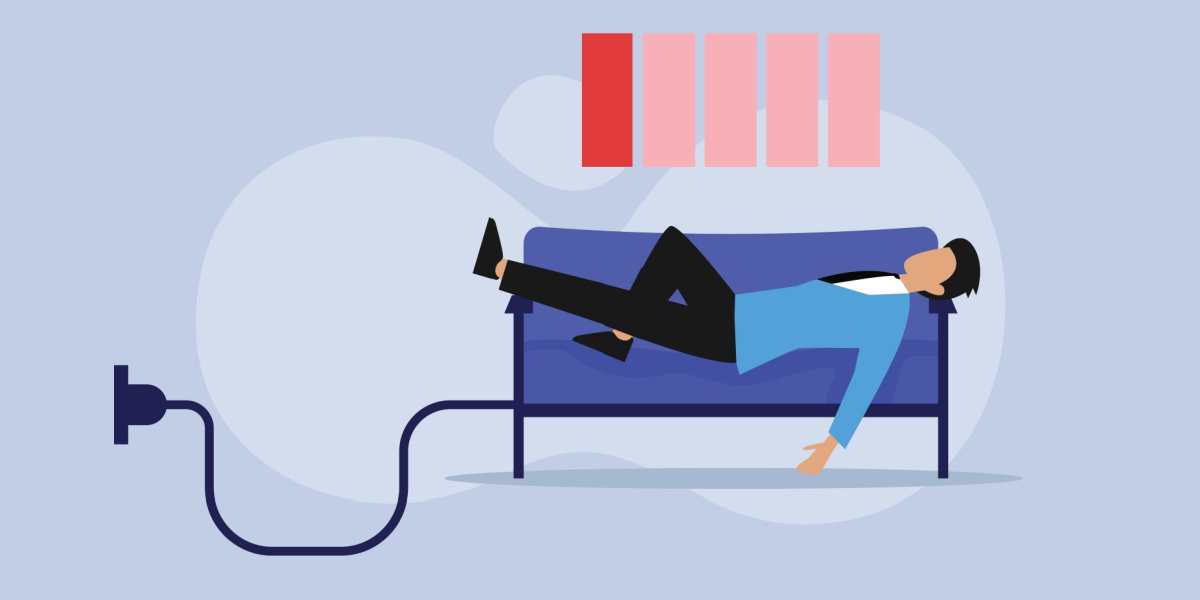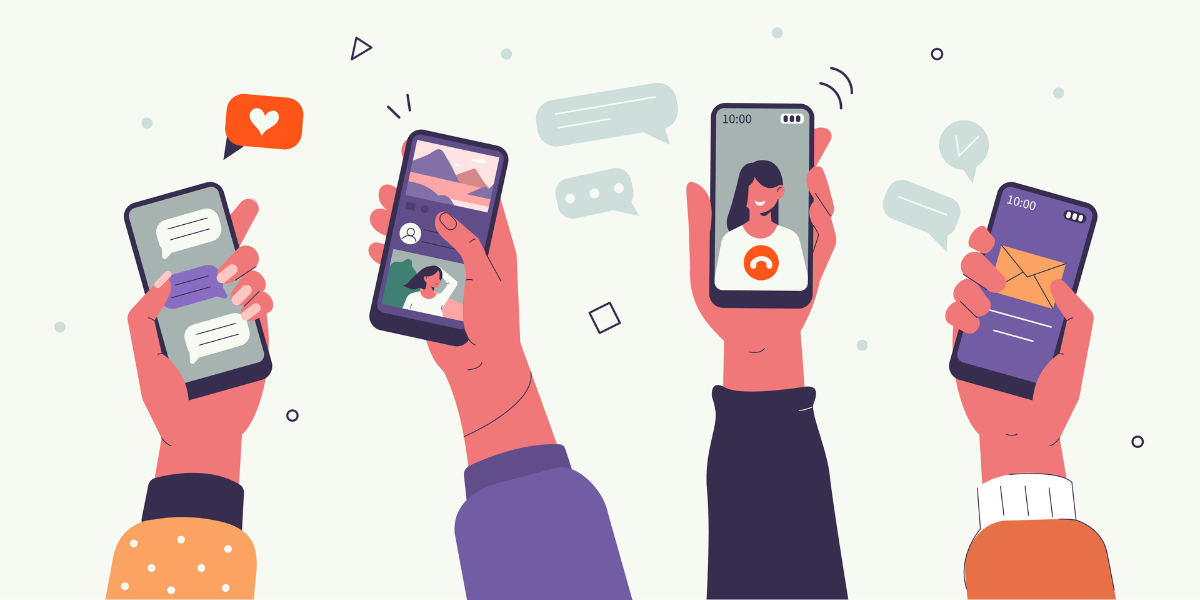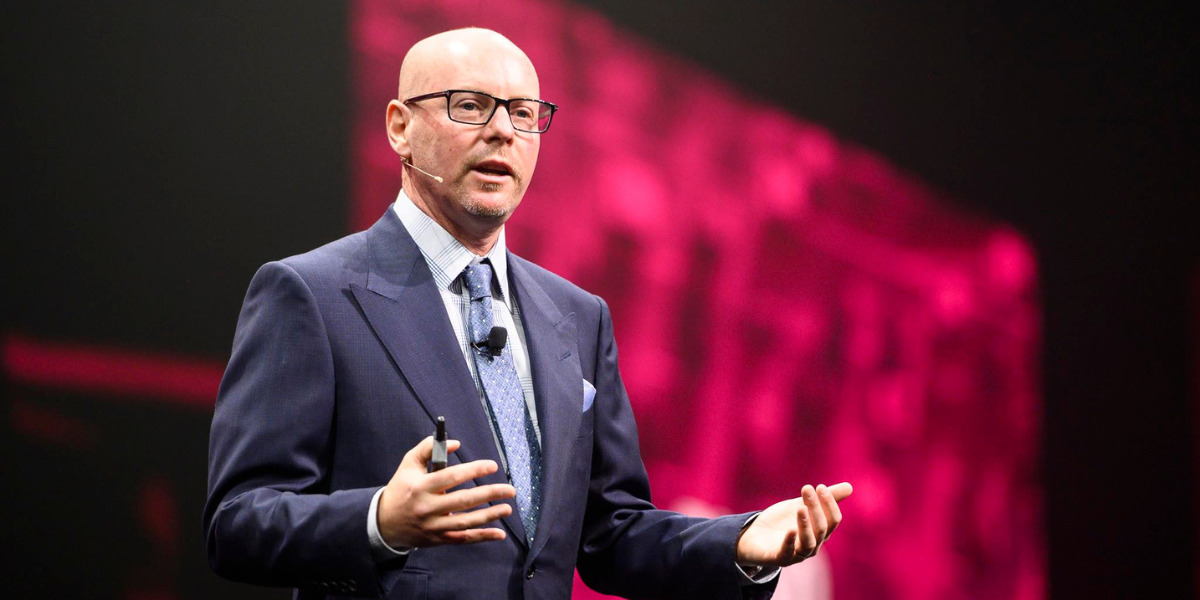I find hand lettering really impressive, and have wanted to try it myself for years. A few months ago, I decided the time was right. I busted out some paper and pencils, took a free course in the basics to help me get started, and began a daily habit of practicing.
This lasted about three days.
Finding the time and motivation to maintain a hobby sounded easy in theory, but when it was time to practice and I had a growing to do list staring me down, I ended up working instead.
This probably sounds familiar if you’re an entrepreneur. You want to take up yoga, or meditation, or read more, or learn a language. You’re sure those activities would be good for you, and lots of fun.
But how can an entrepreneur find time for something so unnecessary?
Here’s how: You find some research that shows having a creative hobby outside work will actually improve your performance when you’re at work.
Actually, I’ve done it for you—there is, in fact, a study that suggests we should all make time for a creative hobby, because it could make us better at our jobs.
Creative Hobbies
What Science Tells us About Creative Hobbies
Kevin Eschleman, an assistant psychology professor at San Francisco State University, led a study that asked people to describe their hobbies. For one group of 341 professionals, the participants also self-described their performance at work and how creative they felt in their jobs. For another group, 92 Air Force captains had their job performance evaluations examined after sharing information about their hobbies.
Across both groups, researchers found that people who engaged in creative hobbies outside of work performed 15-30% better when they were working.
“It gives you a sense of mastery,” Eschleman tells Fast Company. “You’re developing new skills, new thought processes and really challenging yourself to learn something new and develop your skill set.”

The study also found that the less related to their jobs the creative hobbies were, the more the effects were seen in participants’ work performance.
“Whatever the activity is that you’re doing in your free time, it becomes incredibly more valuable if it is different from what you’ve been doing most recently in your work environment,” Eschleman says.
Participants in the study who engaged in creative hobbies reported greater feelings of control and mastery, which Eschleman believes may be a clue to why their hobbies improve their performance at work. He also said it may be that creative hobbies—particularly those that aren’t related to skills used at work—give the brain a chance to recharge.
Of course, the study didn’t prove causation, so we don’t know for sure that starting a creative hobby will improve your work performance. The researchers admitted the correlation may be due to selection bias: it’s possible that people who have creative hobbies in the first place happen to be creative people who bring the skills they learn in their free time into the workplace.
But creative hobbies have plenty of benefits of their own, so it’s still worth setting aside some time in your schedule for cooking, gardening, or drawing, if you haven’t already.
Creative Hobbies Fill Needs Your Job Can’t
Phyllis Korkki, author of The Big Thing: How to Complete Your Creative Project Even If You’re a Lazy, Self-Doubting Procrastinator Like Me, says one of the great benefits of a creative hobby is that it helps you to stop staking your entire identity on your job.
For us entrepreneurs, this is particularly important. When you build a business from scratch and put all your energy into it, it’s nigh impossible to not think of the business as an extension of yourself. We tie up all our self worth in our companies, only to fall apart when they don’t succeed (as we know, most don’t).
But Korkki says having a creative hobby can help us cut down on how much of our identities are tied up in our businesses.
Claire Hall, the principal life coach at Authentic Empowerment, says hobbies can give us an outlet for creative expression that we may not have at work. As our businesses grow, we tend to do less of the hands-on, creative work, and spend more time keeping things running smoothly. As this creative outlet at work dries up and you spend more of your time in administrative or managerial roles, you might benefit from a creative hobby that help you express yourself.
“Just as exercise releases and increases energy in the body, creative energy also needs a form of expression,” Hall tells SmartCompany. “Whatever hobby we choose, it is an important aspect of our wellbeing. It can enhance our ability to relax, rest our brain and recharge our spirit.”
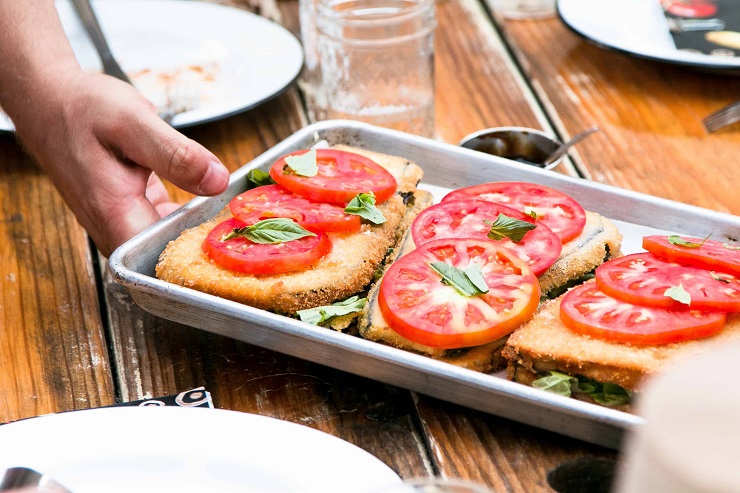
Career Coach Gillian Kelly suggests another benefit to your work you might not expect to get from creative hobbies: building your network. Spending time with others doing a hobby you share can be a great way to meet new people, and you might be surprised when those connections come in handy at work later on.
Finding the Perfect Creative Hobby For You
If you don’t already have a go-to activity that could fill the “creative hobby” hole in your life, where do you start?
Kevin Eschleman, who led the study mentioned earlier, says participants often talked passionately about their creative hobbies.
“They usually describe it as lush, as a deep experience that provides a lot of things for them,” he says. “But they also talk about this idea of self-expression and an opportunity to really discover something about themselves.”
It’s clear that creative hobbies that impact our work tend to be very personal—something we’re highly passionate about, that we can get lost, and perhaps even find ourselves, in.

So you may need to try a few things before you stumble upon a hobby that works for you. Try picking up an old hobby you remember enjoying in the past, or something you’ve been dying to try—an easy entry point may help you stick with it long enough to see some benefits at work.
Beyond trying various hobbies, you could also set aside some time for volunteering. Eschleman also noted the positive benefits of volunteering in his study, which can help you see the world differently, he says:
Anything that provides you with a real cognitive shift in how you see the world, that’s going to be an asset in terms of your overall health and wellbeing, and also how you solve problems, whether it’s in personal relationships or in a work environment.
Whether you see an improvement in your work or not, creative hobbies and volunteering both offer plenty of benefits alone. But what a bonus if they happen to improve your work thanks to helping your brain recharge and sharpening your creative skills! I’m off to find a new hobby I can stick to…
Ready to Embrace Your Creative Hobby
Have you found these findings to be true in your business? What kind of hobbies have you practiced, and has it had a positive impact on your professional life? Let us know in the comments!
Read Next: How to get more Instagram followers?
